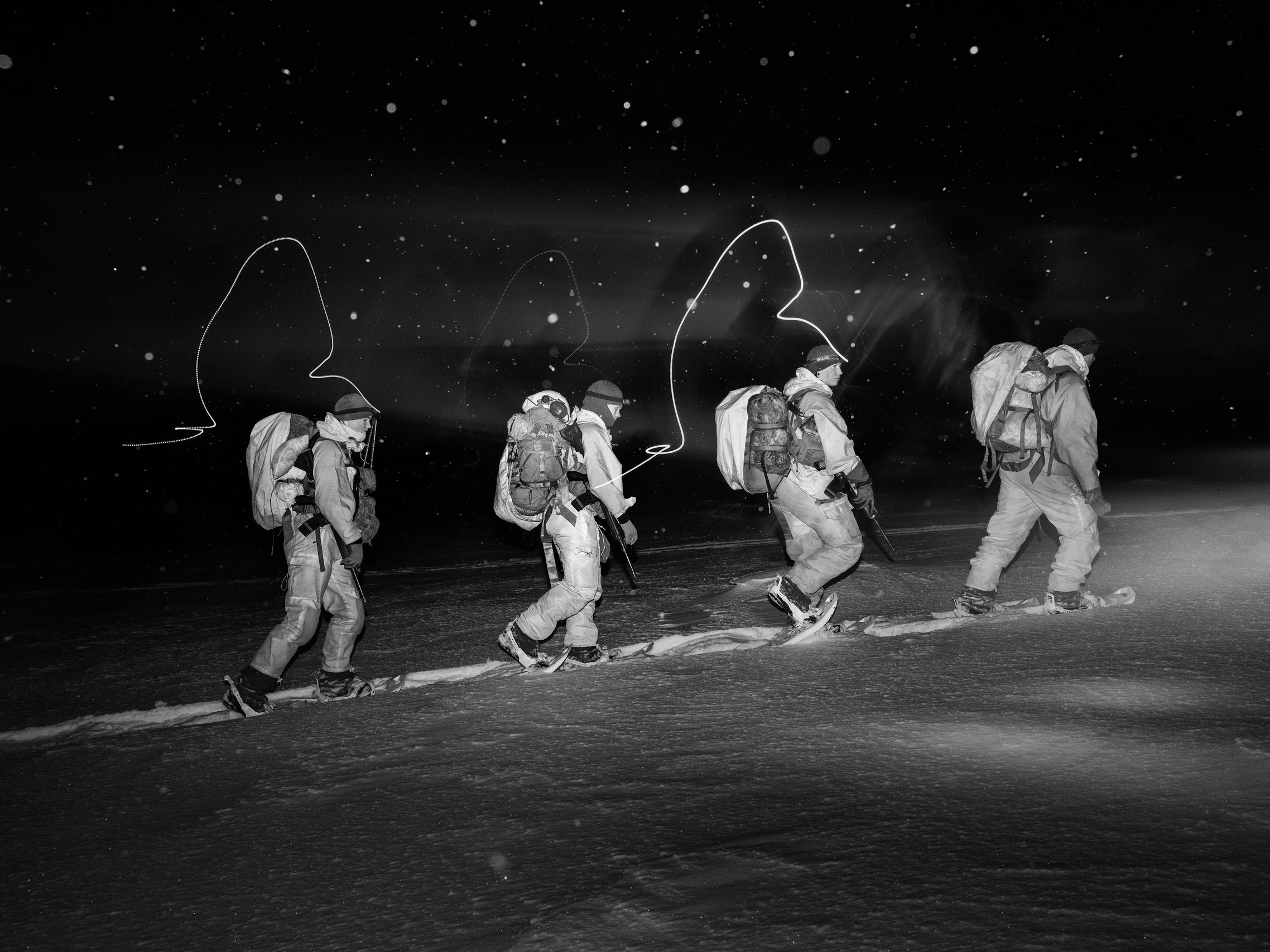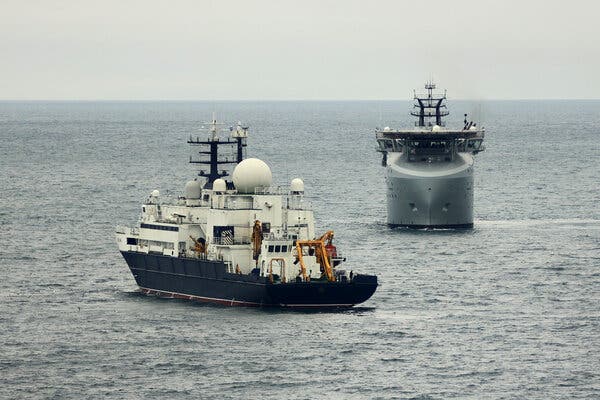Moscow Summons Norway Diplomat as Sanctions Block Russian Fishing in Key Waters
In a significant escalation of diplomatic tensions, the Kremlin has summoned Norway’s top diplomat to express its outrage over Oslo"s recent sanctions that effectively bar Russian fishing vessels from operating in Norwegian waters. The sanctions, which align Norway with European Union restrictions, have drawn sharp criticism from Moscow, which accuses Norway of politically motivated actions that violate a longstanding fisheries agreement.
Background & Context
The strained relations between Russia and Norway are rooted in the geopolitical landscape shaped by Russia"s ongoing military actions in Ukraine. Norway"s decision to blacklist prominent Russian fishing firms, Norebo and Murman Seafood, has been framed by the Norwegian government as a necessary measure to address national security concerns, including fears of espionage and sabotage. This move has effectively nullified the 1976 bilateral fisheries agreement that permitted Russian vessels to fish within Norway"s exclusive economic zone, a vital area for both countries" fishing industries.
Historically, the Barents Sea has been a site of cooperation between Norway and Russia, with fishing rights often serving as a diplomatic bridge. The 1976 agreement was designed to foster collaboration in managing fish stocks and ensuring sustainable fishing practices. However, the recent sanctions signal a shift in Norway"s approach, aligning its policies more closely with EU standards and the collective stance against Russia following its aggressive actions in Ukraine.
Key Developments
Norway"s decision to implement these sanctions has sparked a swift and severe response from the Kremlin. Russian officials have condemned Oslo’s actions as an infringement of international agreements and a politically charged maneuver that jeopardizes decades of cooperation in fisheries management. The Russian Foreign Ministry characterized the sanctions as "unfriendly" and warned of potential retaliatory measures, although specific actions have yet to be detailed.
Despite the escalating tensions, Norwegian officials have reiterated their commitment to maintaining a cooperative relationship in fisheries, particularly in the Barents Sea. However, they have made it clear that their alignment with European allies, particularly in the context of the ongoing war in Ukraine, takes precedence. This dual stance reflects the complex balancing act Norway faces as it seeks to uphold its national interests while navigating the broader geopolitical landscape.
\n\n
Image for Kremlin Summons Norway Diplomat as Sanctions Block Russian Fishing in Key Waters
Broader Impact
The implications of this diplomatic fallout extend beyond fish stocks and fishing rights. Experts suggest that the sanctions could exacerbate already strained relations not only between Norway and Russia but also within the broader Arctic region. The Barents Sea is a critical area for both countries, not just for fishing but also for energy resources and environmental management.
Historically, fishing has been a unifying force in Arctic diplomacy, allowing for dialogue even amidst political disagreements. However, as seen in similar situations across the globe, such as the ongoing conflict in Gaza, where political tensions have led to economic sanctions and military responses, the erosion of cooperative agreements can have cascading effects. The fishing industry, vital for local economies and food security, may now face significant disruptions, impacting communities on both sides of the border.
What"s Next
Looking ahead, the situation remains fluid. Norway"s continued alignment with EU sanctions suggests that further actions against Russian entities may be forthcoming, potentially deepening the rift. As previously reported, the geopolitical landscape is changing rapidly, and Norway"s commitment to its European allies may lead to additional measures that could further isolate Russia economically and diplomatically.
In response, Russia may explore alternative markets for its fishing products or seek to strengthen ties with other nations that are less aligned with Western policies. The Kremlin"s next steps will likely involve diplomatic maneuvers aimed at countering Norway"s sanctions, possibly including retaliatory measures against Norwegian interests in Russia. As both nations grapple with the fallout, the future of fisheries cooperation in the Barents Sea hangs in the balance, with broader implications for regional stability and international relations.

Image for Kremlin Summons Norway Diplomat as Sanctions Block Russian Fishing in Key Waters


![[Video] Heavy clashes and gunfire reported in Baghdad, Iraq](/_next/image?url=%2Fapi%2Fimage%2Fthumbnails%2Fthumbnail-1768342239932-848qsh-thumbnail.jpg&w=3840&q=75)




![[Video] Gunfire between Iraqi security forces and Sadr militias in Baghdad](/_next/image?url=%2Fapi%2Fimage%2Fthumbnails%2Fthumbnail-1768343508874-4redb-thumbnail.jpg&w=3840&q=75)
